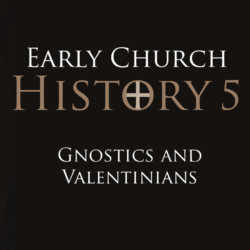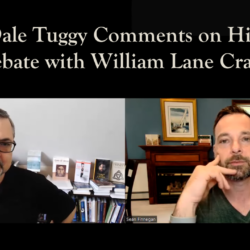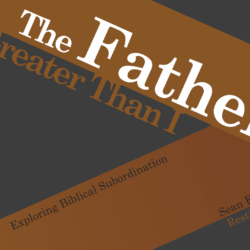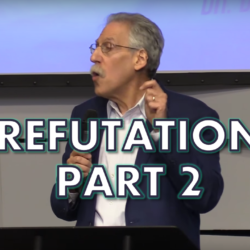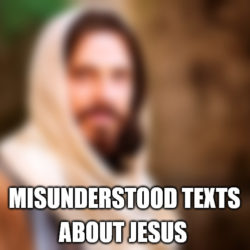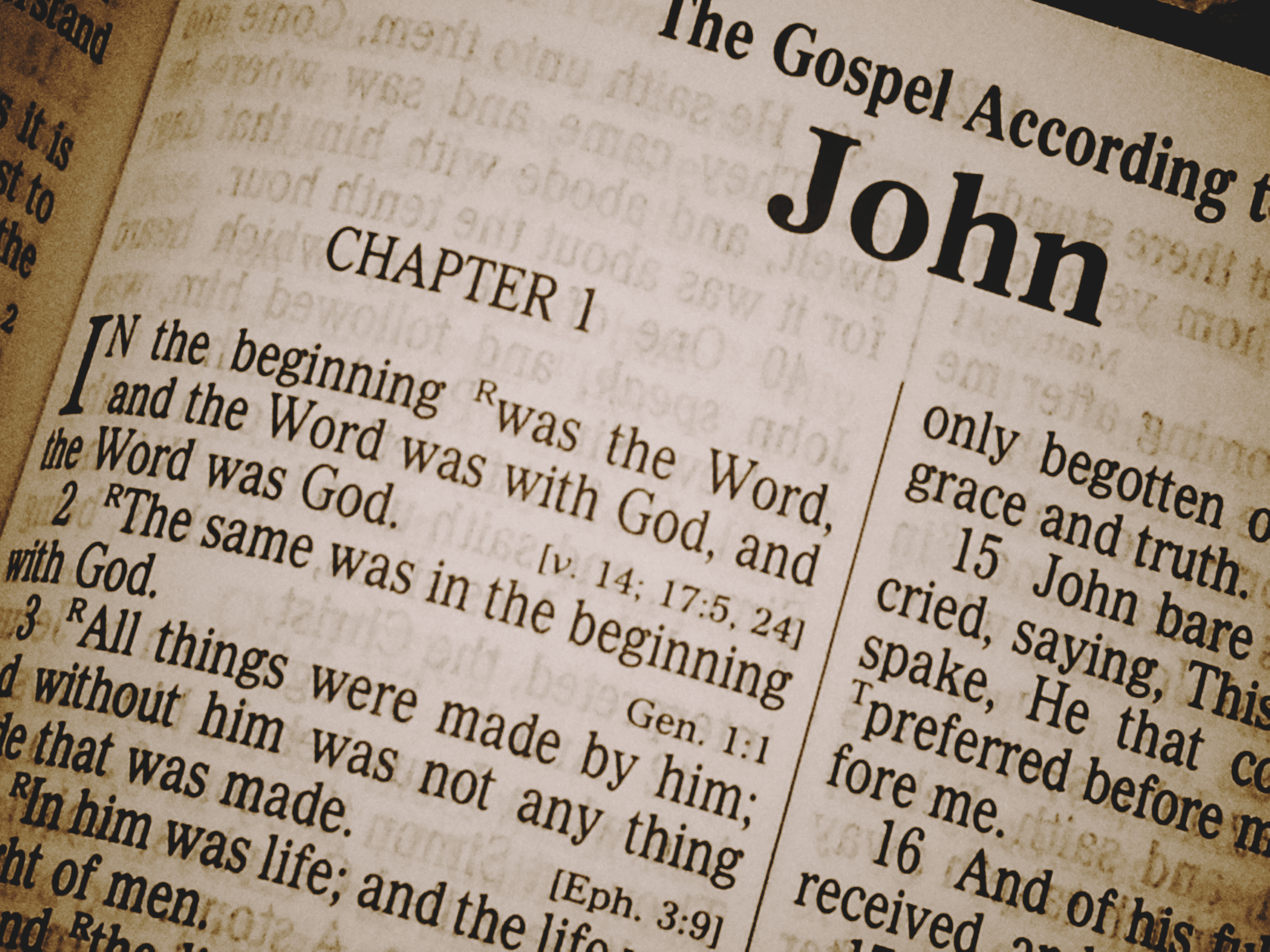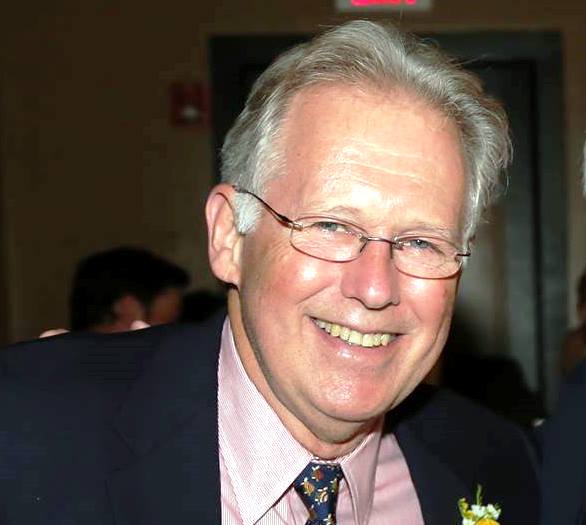485 Early Church History 5: Gnostics and Valentinians
This is part 5 of the Early Church History class. Have you heard of the Gnostics before? Gnostics of different types claimed to have secret knowledge of humanity’s true origins and destiny. They were intellectuals who combined the philosophical thinking of their day with Jewish and Christian scripture to produce a compelling alternative to biblical Read more about 485 Early Church History 5: Gnostics and Valentinians[…]

